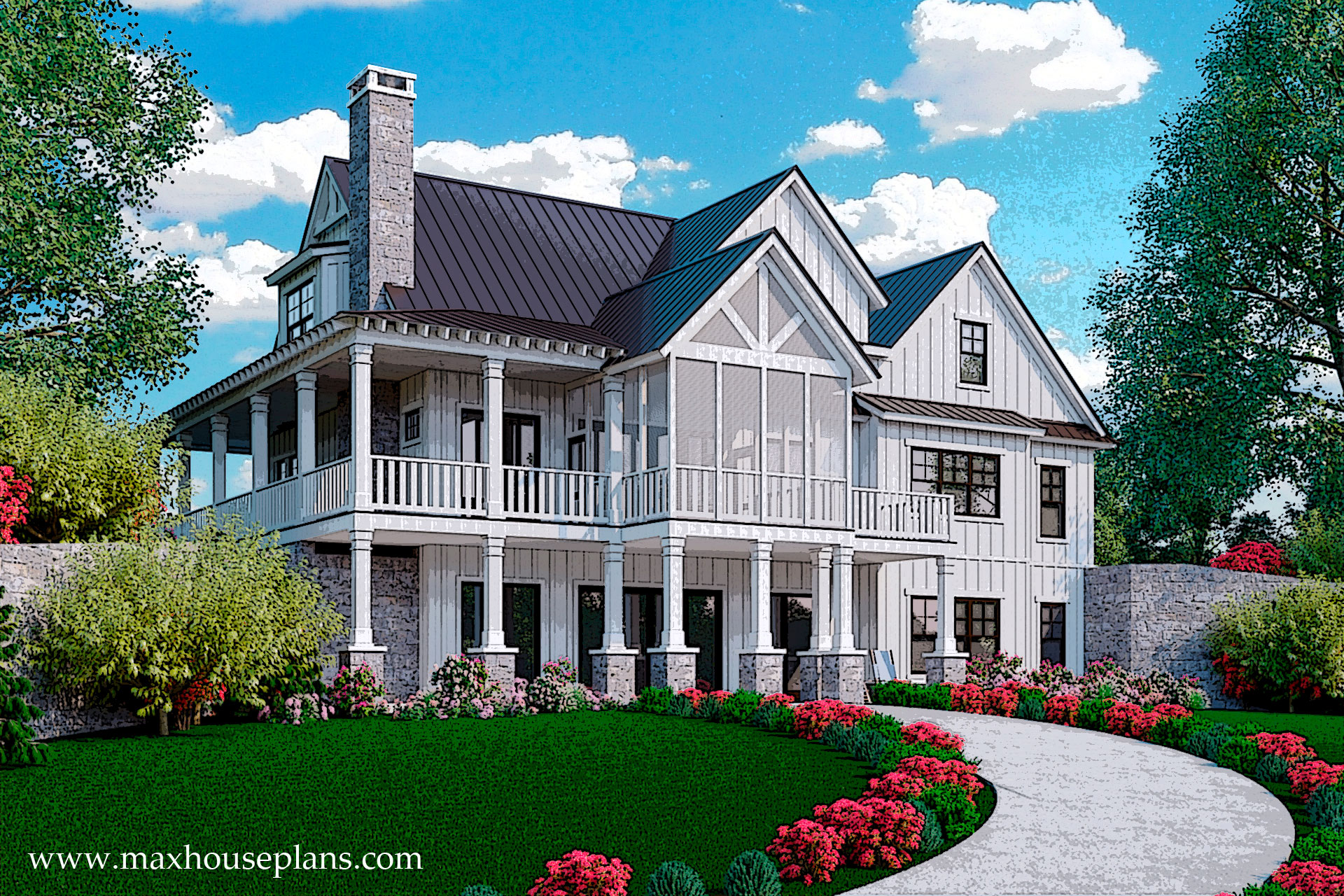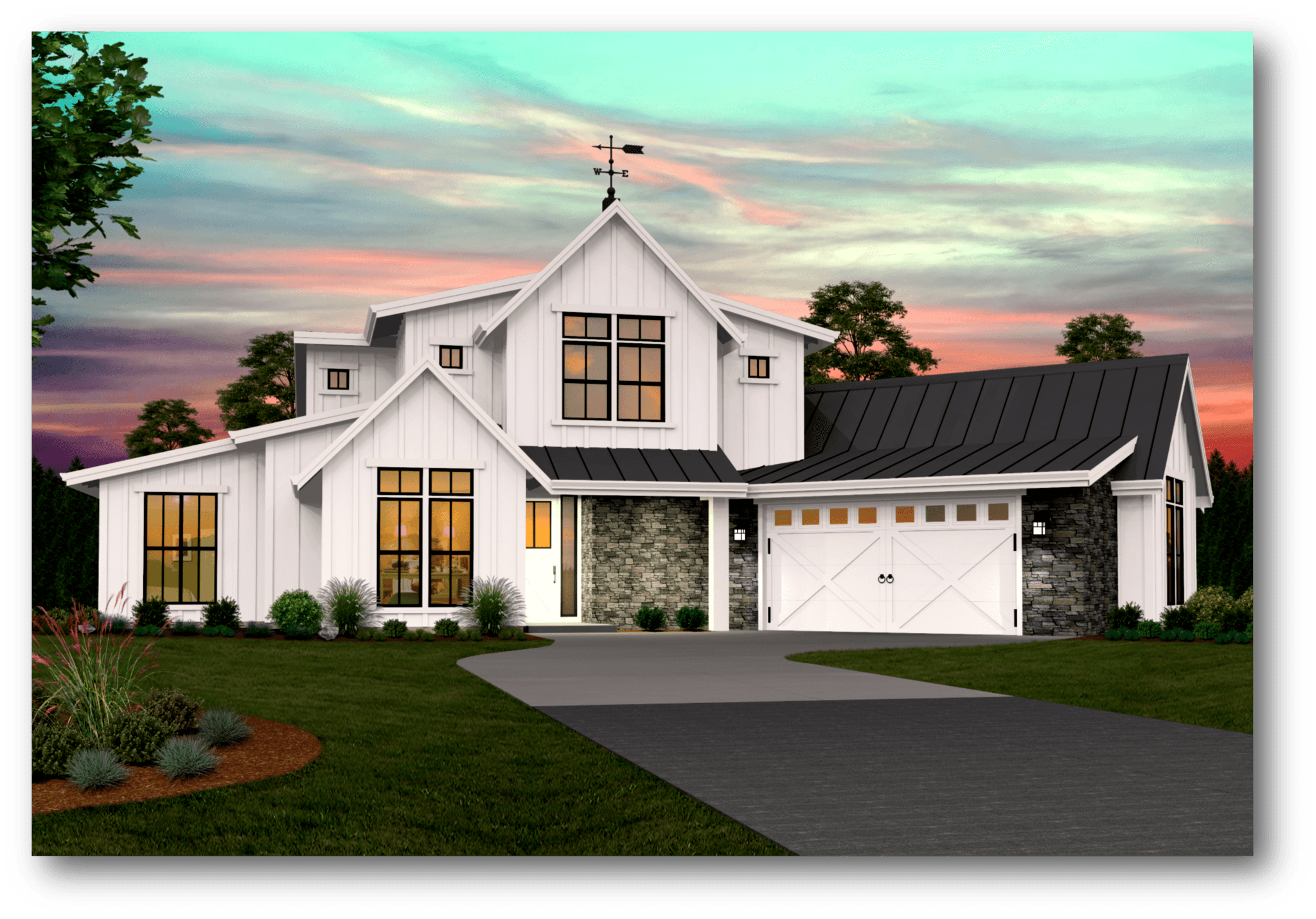Table Of Content

This can make the process more complicated than a traditional construction loan — but for those who put in the work, there are real benefits to be had. In addition, all FHA borrowers are required to pay mortgage insurance premium (MIP), which protects the lender in case of foreclosure. After your land and builder contracts are agreed to, an appraisal can be ordered to determine the property’s forecasted value based on a completed home. “If you don’t have the land and builder chosen yet, your prequalification could expire and market conditions like interest rates increasing could heavily reduce the amount you can borrow,” Duncan notes. The FHA 203(k) loan is tailored for the rehabilitation and renovation of existing homes. This loan type is especially beneficial for purchasing fixer-uppers or upgrading your current home.
Tip Two: Understand Financing Options Ahead of Time
To reduce the risk, some lenders may require a large down payment of up to 50 percent of the purchase price. When buying land for a home, it’s easy to assume the land you have been sold is suitable for building on. A piece of land may have the bucolic ambience you want to enjoy with your morning coffee, but may also be beside a piece of wetlands that drains onto the property. Building a home is a major investment, but the value of the house you build can suffer if homes of lesser value surround it. Your house will be worth more if it’s of similar or slightly less value than the nearby houses. If your new home costs $500,000 to build, but the neighbor’s homes are valued closer to $250,000, you may have a tough time selling your home for what it’s worth.
Considerations & Tips For Buying Land To Build A House On
If the lot doesn’t have access to a sewer system, you will need to order a percolation test to determine if it’s possible to install a septic system. Because a private septic system involves a series of pipes that empty wastewater deep into the ground where bacteria break it down, the condition of the land itself is critical. A percolation test will determine the rate at which the ground can absorb water.
What Does a Real Estate Agent Do? The Benefits of Hiring an Agent
Once you find the land where your home will sit and the builder you want to use, Ragsdale also suggests that shopping around for a lender can be beneficial. “You sign a contract with them and put down a deposit, they build the house, and then they sell it to you upon completion. They pay for everything upfront, and once the house is done, you have a standard closing,” he says. Your property also may or may not fall within local jurisdiction for services like utilities, water (in which case you’ll definitely need to install a septic tank and drill a well), or trash removal.

This route provides you with options in neighborhoods that might not have empty lots available. Understanding local zoning regulations and land-use restrictions is crucial. Before making any purchase decisions, check with the local planning department to learn about zoning laws, setback requirements, ADU restrictions, and any other restrictions that might affect your building plans. Before purchasing any real estate, it’s a good idea to talk to an expert, like a builder, land surveyor, or real estate agent to help you evaluate whether your investment is a good idea.
Step 30: Bathroom fixtures are installed
In addition to buying and selling several homes herself, she's also owned and managed rental properties, and previously worked in mortgage lending. Building a house also means that your projected timeline might not always go to plan. Delays can include zoning problems, utility issues, and labor and materials shortages. If your property is in a remote area, you may have to deal with access for heavy equipment and other machinery. While building timelines can vary, Leyba says that buyers should expect it to take at least 10 months. “For a custom build, it’s probably more like 14 to 16 months.” Leyba says in addition to things like various building permits, waiting on materials can sometimes take longer than expected.
How to make ale in Manor Lords
You may also be able to hire a firm that employs all of these individuals so you don’t have to find each one. After the seller accepts your offer, you’re ready to lay the groundwork for building your home. Land contracts are an alternative to a traditional mortgage and are typically used when buyers are unable or unwilling to take out a mortgage.
Sister Wives’ Brown family’s land remains untouched 5 years after buying $820K property to build dream hom... - The US Sun
Sister Wives’ Brown family’s land remains untouched 5 years after buying $820K property to build dream hom....
Posted: Sat, 21 Oct 2023 07:00:00 GMT [source]
Finding property in an area or neighborhood you like is only a small part of the equation when it comes to buying land. If you’re going to have a house built on that property, you also need to understand all the things that go into making that land ready for a new build. Real estate agent Sandi Van Camp, a 19-year veteran of the industry, has worked with multiple buyers to help them purchase land and build on it. “I work with people who want to buy property and build, as well as builders who are in development,” she says.
Do I have to work with a real estate agent to buy land?
Finding the right piece of land to build a home on is a challenging task. How do you find a lot that’s in a good location and that fits your budget? Simply driving around looking for signs, or searching online for “land for sale,” can sometimes be effective (and fun, too).
A sewer line that takes water waste out of your home is installed in the trenches built during the foundation preparation phase, and costs on average between $1,338 and $5,385. Pouring the concrete for the foundation is a real milestone — and a major expense. “Seek recommendations from friends, family, or professionals in the real estate industry. Online reviews and ratings can also provide valuable insight,” says Gary Parker, a real estate agent and property investor in Salt Lake City. If land is surrounded by other land parcels without road access it may be that you are unable to access the property to build for residential purposes unless you can secure an easement.
Consider hiring an attorney, too, who understands local building laws and zoning ordinances, Karl suggests. Keep in mind that, along with the price of the actual land, there will be land development costs, too. As with any home financing, you’ll want to shop around for the best rates and get preapproved before making any offers. In some cases, you may need to get a permit from the local utility provider. If that’s the case, you may not be able to finalize the sale until the water and electric companies have completed their work.
One of the final steps to build a house is the exterior finish, which puts the final touches on your home’s appearance. If you want to buy trim, it can range from 50 cents to $25 per linear foot. Homes in cold climates benefit the most from insulation, though all home structures require some insulation. When installed correctly, insulation reduces heating and cooling costs. The full insulation of one room, like a basement or garage for example, costs between $2,400 and $8,600.
With the footings in place, your home will have either a slab foundation, a crawlspace, or a full basement poured or constructed. Footing drains will be constructed so that water drains away from the house and protects the drains from damage. If the land has dips or hills, these will be graded to make sure there’s a flat surface to accommodate the house and driveway.
For example, some neighborhoods may dictate the style of the homes built all need to be similar. In other areas you may not be allowed to build over a certain elevation. Learning about these regulations and restrictions before you purchase land to build on is essential to being able to build the home you want on your land.
Most of the time, the finishes and extras are going to be pretty basic, and there will be an additional cost if you want something different,” she says. If the land you want to buy is in a rural area, you may qualify for a USDA construction loan. USDA loans, which are funded by the United States Department of Agriculture, are intended for low- to moderate-income individuals who are purchasing homes in specific rural regions.
It works as a construction loan at first, but when the building is finished, it converts smoothly into a permanent mortgage. This transformation eliminates the need for a second closing, simplifying the process for the borrower. Because this loan allows construction costs to be added to the overall loan amount, it is a desirable option for borrowers with less-than-perfect credit.









